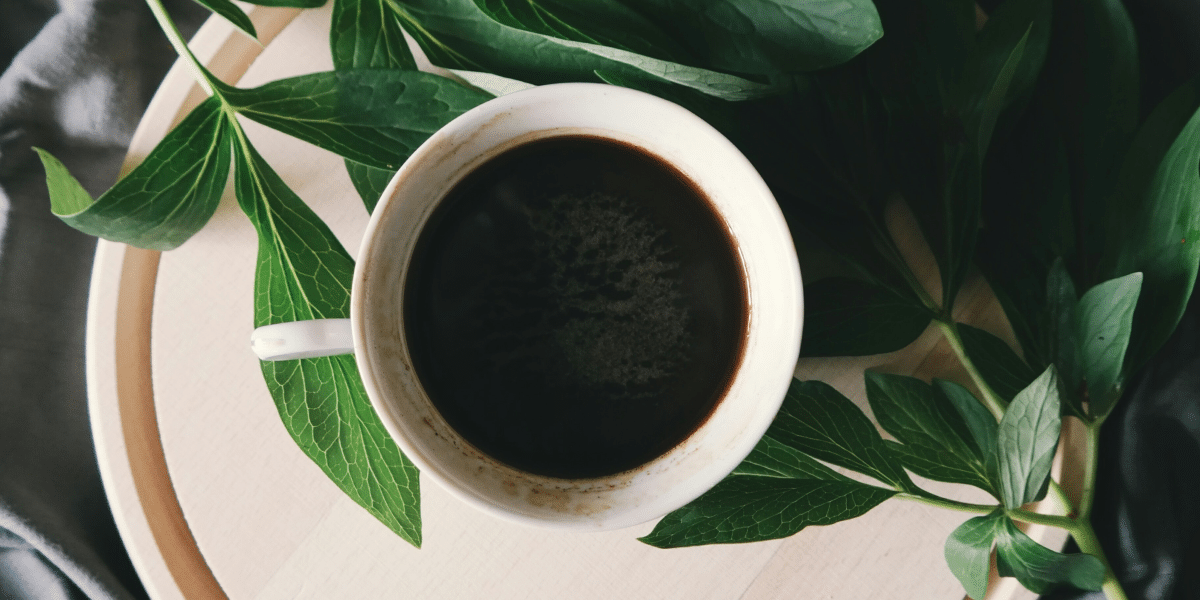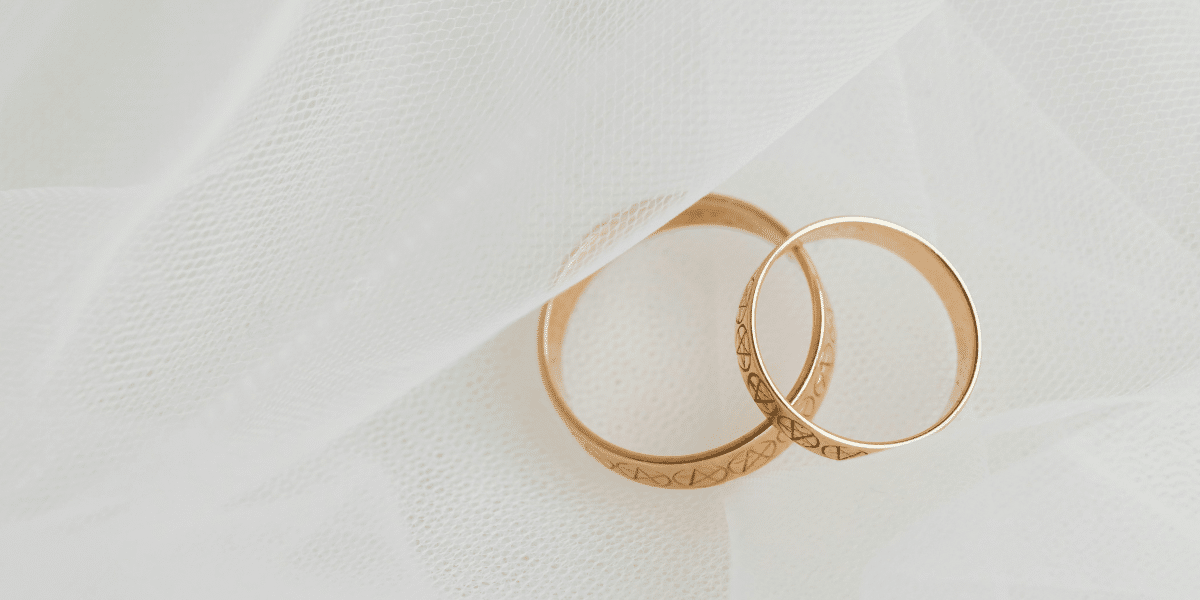Providing the right nutrition for your cockatiel is essential for ensuring their long-term health and happiness. While it’s easy to reach for seeds and store-bought treats, a balanced diet is far more complex and requires careful consideration of your bird’s daily nutritional needs. Offering healthy treats is a great way to bond with your feathered companion, but knowing how to incorporate them without tipping the scales into an unhealthy territory is crucial. With the right approach, you can reward your cockatiel while keeping their diet wholesome and balanced.
Choosing Nutritional Treats to Complement a Balanced Diet
When discussing cockatiel nutrition: essential foods and treats for a balanced diet, variety is key. In the wild, cockatiels consume a mix of seeds, grains, and fresh vegetation, so recreating this diversity in captivity is important for their well-being. However, many commercial treats are packed with sugars, artificial flavors, and fillers that can lead to obesity, digestive issues, and nutritional imbalances. Instead, focus on nutrient-rich treats that provide vitamins, minerals, and natural sugars in moderation.
Fresh fruits like apples, berries, and papaya can make excellent treats, offering a sweet reward that’s also packed with vitamins. Vegetables such as carrots, sweet potatoes, and spinach add fiber and important nutrients like Vitamin A. These treats not only taste good but also help support your cockatiel’s immune system, feathers, and overall energy levels.
Grains and seeds are, of course, a staple in most cockatiel diets. However, offering millet sprays and quinoa in controlled amounts is a great way to provide something special while avoiding the fat-heavy seed blends often found in lower-quality bird foods. Millet, in particular, is often viewed as a treat but is highly nutritious when given in moderation. The key to healthy treat-giving lies in balance and variety. Too much of a single food—no matter how healthy—can lead to nutritional gaps, so it’s vital to rotate your bird’s treats regularly.
Understanding the Importance of Moderation with Treats
Treats are an excellent tool for reinforcing positive behaviors and training your cockatiel, but overindulgence can quickly lead to unwanted weight gain and poor health. Cockatiels have a tendency to overeat if given the opportunity, so it’s up to you as the pet owner to monitor their intake and ensure that treats makeup no more than 10% of their overall diet.
Healthy treats like fresh fruits and vegetables should be seen as a supplement to their daily meals of pellets and seeds, not as a replacement. While fresh food provides essential vitamins and hydration, pellets should still form the foundation of your cockatiel’s nutrition. High-quality pellets are specially formulated to provide the exact nutrients your bird needs on a daily basis, something that a seed-only diet cannot accomplish.
When offering treats, think of them as an enhancement to your bird’s diet rather than a staple. Small pieces of fruit or vegetables during the day or a millet spray used as a training tool are sufficient to keep your cockatiel happy without overloading them with unnecessary calories. You can also experiment with cooked grains like barley or oats, as long as they are free from added salt, sugar, or oils. And remember, when planning your cockatiel’s meals, always steer clear of toxic foods that can cause serious health issues. Avocados, chocolate, caffeine, and onions are just a few items that should never be offered to your bird.
Safe and Fun Treat Ideas to Keep Your Cockatiel Engaged
Treats are more than just a snack—they are an opportunity to mentally engage your cockatiel, keeping them entertained and emotionally stimulated. Offering treats through interactive toys or training exercises not only enhances their diet but also enriches their daily life. You can place treats inside foraging toys to encourage your cockatiel to work for their food, mimicking their natural behavior in the wild.
Low-sugar fruits like blueberries, chopped apples, and banana slices can be hidden in puzzle feeders, encouraging your bird to use its natural problem-solving skills. Leafy greens like kale or spinach can be clipped to the side of their cage for a fun challenge. This stimulates both their mind and body while ensuring they receive the right nutrients.
Cooked eggs, served in moderation, are another excellent source of protein that can be offered as an occasional treat. It’s a great way to introduce a different texture and nutritional profile to your cockatiel’s diet. For a fun twist, you can create a mini bird-safe “omelet” by mixing in finely chopped vegetables like carrots or peppers.
Treat time can also be an excellent opportunity to train your cockatiel to step up, perform simple tricks, or improve their socialization skills. Using millet sprays or small bites of their favorite fruits as rewards during training sessions helps to reinforce positive behavior without compromising their diet. Just be mindful of how much you’re offering—training treats should always be given in tiny amounts to avoid overfeeding.
Balancing indulgence with health is a careful dance for any bird owner. With the right choices, your cockatiel can enjoy a rich, varied diet that’s as nutritious as it is enjoyable. By focusing on fresh, natural foods and controlling portions, you can reward your feathered friend without sacrificing their well-being.
Published by: Nelly Chavez









